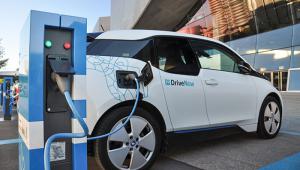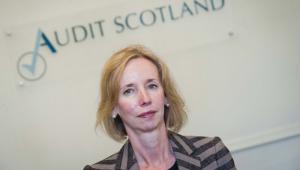This comes on the back of a warning that hitting targets on road vehicle emissions would cost the Treasury billions in lost fuel duty.
On Wednesday, the Office for National Statistics bulletin Are We Ready to Switch to Electric Cars? noted that, of the 30.8 million licensed cars on the roads in Great Britain in 2016, just 1.2% were powered by means other than petrol or diesel.
In addition, just 5% of adults aged 16 and over had thought about buying an electric car or van in 2016, according to the ONS.
Some 16% had considered buying one but changed their minds and 55% had never thought about buying an electric vehicle.
Earlier this summer, the Policy Exchange think-tank had called on the government to consider the “significant fiscal implications” of cleaning up road transport.
Road use currently generates £34bn in tax receipts through fuel duty and road tax alone. If Britain succeeds in hitting targets for reducing carbon emissions from road vehicles, fuel duty revenues in 2030 would be between £9bn and £23bn lower than the Office for Budget Responsibility projections.
On a cumulative basis, this represents a loss of between £60bn and £170bn in tax receipts between now and 2030, the think-tank said.
Its report stated: “The government needs to seriously consider whether in the long term it will be necessary to move from the current system of taxing fossil fuels and carbon emissions to a system of road user charging, eg toll roads, charges per mile or congestion charges in cities.”
In 2016, diesel cars accounted for 39.1% of licensed cars on our roads, up from just 7.4% in 1994. Meanwhile, petrol cars accounted for 59.7% of all licensed cars in 2016, down from 92.6% in 1994.
The rise in sales of diesel cars in recent years is linked to a tax cut on diesel cars and a reduced vehicle tax on all cars with low carbon dioxide emissions, which encouraged people to trade in their petrol cars for diesel vehicles.
Kevin Nicholson, head of tax at PwC, said: “The ban on new diesel and petrol vehicles from 2040 is the death knell for fuel duty revenues. This will leave a big hole in the Treasury's coffers.”
He called on the government to move towards a fundamental review of the UK’s tax system as it continues to be shaken up by technological advances.











